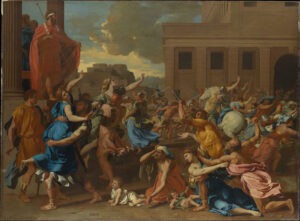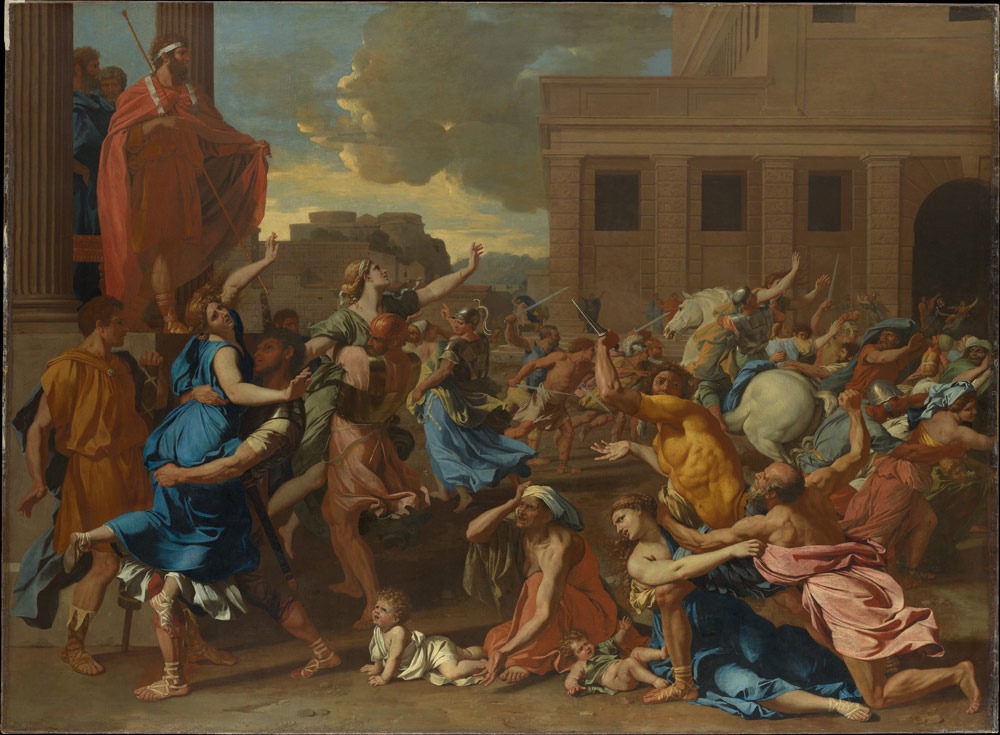Many are feeling overwhelmed by the barrage of news in recent weeks. Across the political spectrum, Americans have been actively responding to events in Washington, whether by taking to the streets, calling members of Congress, or staying glued to Twitter around the clock. While civic engagement of this kind is obviously important, it can also be exhausting.
We thought it would be a good time to step away from the frenetic pace to speak with someone who has spent time reflecting and writing on topics like activism, conflict and immigration. We turned to Ethiopian-American writer Maaza Mengiste. Her work has appeared in the New Yorker, The New York Times and The Guardian. Her first novel, Beneath the Lion’s Gaze, was set in Ethiopia in 1974, on the eve of a revolution.
We speak to Mengiste about revolutions, protests and the importance of art in times of upheaval. For instance, on a recent visit to The Metropolitan Museum of Art, she found herself captivated by the work of French painter Valentin de Boulogne, an acclaimed 17th-century artist. “I was so moved,” she recalls. “And then I thought, ‘Do I even care what political regime was in power at this time? No. That was the power of art at that moment,” she tells us. “That’s what we are here to do, as writers and artists. We are making things that will survive and surpass anything that’s happening now.”
Mengiste came to the US as a child, after her family fled Ethiopia’s civil war. Even so, she explains why she feels strongly about not calling herself a refugee. She also describes taking part in the women’s march in New York, and how she found herself remembering Ethiopian women who also took to the streets when forces of Italy’s fascist Prime minister Benito Mussolini invaded Ethiopia in 1935. “I remember thinking, you know, our grandmothers did this!” We also learn how Mengiste’s year in Italy as a Fulbright Scholar, researching her second novel, helped her gain insight into the current refugee crisis, and the dangers of fascism.
Mengiste’s website
Sign up for our free newsletters
Subscribe to NPQ's newsletters to have our top stories delivered directly to your inbox.
By signing up, you agree to our privacy policy and terms of use, and to receive messages from NPQ and our partners.
Mengiste’s Granta article about her visit to Lampedusa: The Madonna of the Sea
Emahoy Tsegue-Maryam Guebrou’s The Song of the Sea
The Met Museum exhibit of Valentin de Boulogne
Mengiste on Twitter
CORRECTION: In an earlier version of this podcast and web text, I referred to Mengiste as a Rhodes Scholar. She was a Fulbright scholar. I regret the error.













